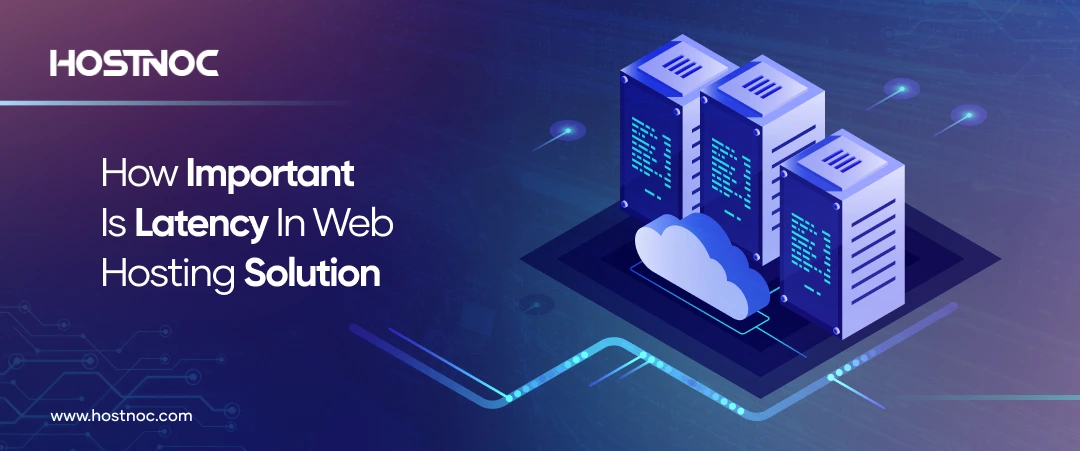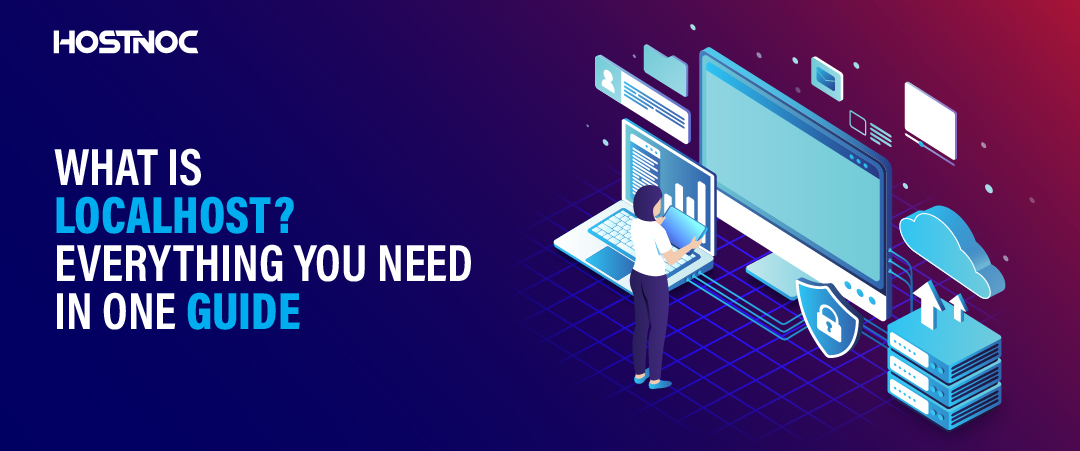Blogs

The Past, The Present and the Future of Dedicated Servers
November 2, 2018
How Can Small Businesses Save Money on Buying Dedicated Server?
November 13, 2018How Important is Latency in Web Hosting Solution
Although your website works par excellently in your own hometown, have you ever wondered how long does your website take to load in a different country?
Now, some may believe that it is not an important question to be addressed. However, it is one of the most critical questions that rears its head every time it comes to selecting a web hosting provider to launch a server. Whether you heed much attention to it or not, but when it comes to latency, the geographical location plays a significant role.
The Internet is a global grid of connections mapped across the entire planet. Data is transferred from one location to another in the form of packets using a Transmission Control Protocol/Internet Protocol (TCP/IP). The TCP divides the data into packets and the IP assigns the IP address of the recipient where the data is meant to be delivered.
To transfer web data between one subnet infrastructure to another, we have multiple colocation centers and data centers providing hosting services (AWS, Google Cloud, DigitalOcean, Vultr) in specific locations (Russia, USA, UK, Australia, India, Pakistan). Since the Internet is globally massive, there is a high chance that a website visitor coming from a distant location from your host server may experience delays in accessing the website.
What is Latency?
The time required for a host server to receive and process incoming requests from a web page is defined as Latency. It has a direct impact on the load time of a website. A bad load time can ultimately result in a terrible user experience. If your website page takes a long time to load, it is more likely that the visitor will choose a different alternative rather than depending on what your website has to offer. A website with a slow load time often experiences high latency.
Understanding the Concept of Latency
Whether your host server is located in your proximity or at a remote destination, a certain amount of website latency always exists between the user and the server. Latency is a way to measure the speed of your Internet. Whereas a bandwidth doesn’t have anything to do with your Internet speed; yet, people co-relate it with speed every time they discuss the Internet. A 35 Mbps connection or a 25 Mbps connection will only show you how many MBs it is capable of adjusting in a single instance. It shows the limit of data a connection can receive or send back at an instance.
On the other hand, Latency is the time delay experienced by the data packet in transmitting between the host server and the user. Take, for example, a water chute or a pipe. Bandwidth indicates how narrow or wide the chute or the pipe through which the liquid might flow is. Whereas, Latency depends on the speed with which the contents of the pipe flow from one end to the next.
The Interdependency
Although Latency and bandwidth are two different things, they are highly dependent on each other. They both have a considerable amount of effect on each other’s functions. As far as the final outcome is concerned, their dependency directly impacts the speed of your Internet.
Having a real low latency website with a small bandwidth can take longer for the information to travel from the host server to the user. Whereas, a website with low latency and high bandwidth will ultimately observe a faster transfer of information between the host and the user.
How likely is it that five Ferraris are going to reach their destination sooner running side by side on a five-section free lane (low latency, high bandwidth) than five Ferraris moving along a single free lane (low latency, small bandwidth)?
What is Categorized as a Good Latency?
It all bottles down to one thing: how you are planning to use the Internet. Latency actually matters to gamers more than anyone else on the market; if you want to play a first-person shooter or driving games, then a latency of at least 50ms or preferably less which is around 30ms is good enough for you.
What Factors Affect the Latency of Your Website?
While bandwidth is one of the most crucial factors that impact the latency of the website, there are several other factors involved:
Distance – Longer the distance between the host server and the user, greater will be the latency of the website. Longer the distance, larger will be the time for the transmission of the information between the two points.
Connection Type – Latency also depends on the type of Internet connection that you are using. For example, if you are using a satellite connection, the latency of your website will be longer than a normal Internet connection, because data is transmitted between nodes from space.
Congestion – Smaller the bandwidth of your connection, more congested will be the transmission of information. Some connections are shared, and their bandwidths are relatively low. Data will need to wait for its turn so it can reach the desired destination.
Content Delivery Network
Most hosting companies these days provide CDN services. Irrespective of where you are located, the CDN delivers the right website content from a host server which is close to your location. Hence, a CDN plays a significant role in mitigating the website latency and speeding up the overall website performance for the International audience.
Does your website have a CDN? If not, contact HostNOC. We will set the CDN for you and help you manage your server in the best conceivable way.
Featured Post
Web Hosting Statistics 2026: Market Growth, Trends and Key Insights
In 2026, businesses face a digital landscape that’s faster, more competitive, and more infrastructure-dependent than ever. Yet many decision-makers still rely on outdated web hosting data, […]
What Is Localhost? Complete Guide to Master It (2026)
Table of Contents What Is Localhost? Local Hosting Definition How Localhost Works? Where is the Localhost File? Common Localhost Ports and Their Uses What Is the […]
API Hosting: How It Works, Types and the Most Cost-Effective Solutions
API hosting refers to the process of deploying and making an Application Programming Interface (API) accessible over a network — usually the internet — so that […]













